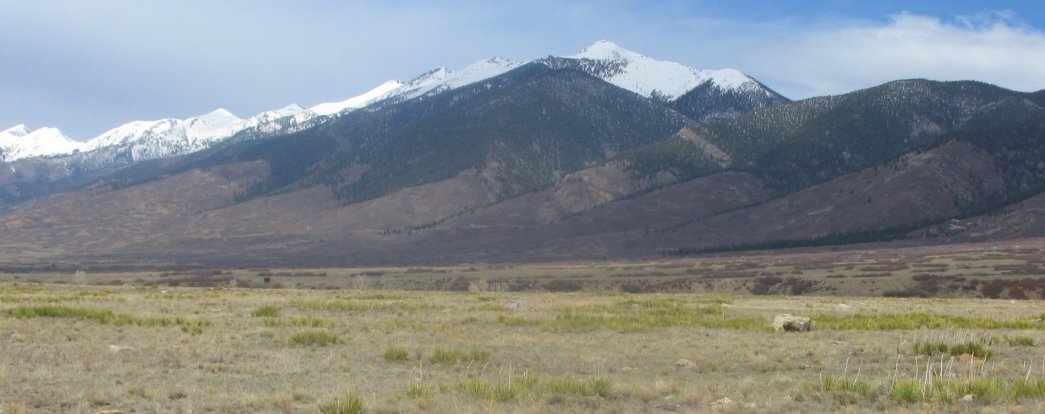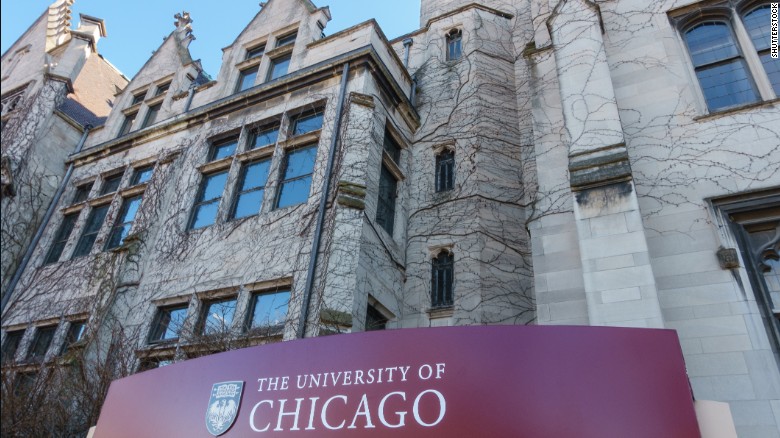This post is part of the Faith of Theologians series. See the other posts: Dave, Beth, Charlie, Emily, and Dana.
“Come away by yourselves to a deserted place, and rest for awhile.” (Mark 6:31)
I grew up in the semi-desert climate, in Denver, Colorado. The desert is part of the culture there: “How to Save Water While Washing Dishes” was a lesson an elementary school teacher taught us alongside times tables; the newspapers always printed the “voluntary” lawn watering schedule next to the day’s weather map. I’ve spent most of my adult life, though, in non-desert places, comparing the non-desert to the desert, and it is the desert experience affects how and why I do theology.
While I grew up in the West, I was born in the Midwest, 13 weeks early in a Catholic hospital in Iowa. For a Catholic family that might have meant instant baptism; but for my Protestant family, baptism didn’t have quite that kind of meaning. My parents opted not to baptize me immediately, preferring instead to hope that I would live and be baptized in their home church. So the nuns at the hospital pasted a large sign over my incubator that proclaimed: “This child is not baptized.” To the ears of several family members that meant: These nuns think this child will be cast out to the utter ends of the wilderness, God will not care for her.
I was baptized, instead, on what would have been my due date into a very abundant Midwestern Protestant church – the kind that had the vast potlucks with shiny platters of jiggling jello, and that handed out poppies on Veteran’s Day and observed Father’s and Mother’s Days and sang “The Battle Hymn of the Republic” with some regularity. When we moved to Colorado, we discovered a similar kind of church there. Lots of Midwesterners find their way to the desert, I find, transplanting green grass and white churches with picket fences into that tumbleweed environment.
While many would associate Christianity in the 80s and 90s with the Moral Majority and with the evangelical movements sweeping across the country, that was not at all my experience. I grew up in my friends today name a “progressive congregation.” To these people who raised me in faith, I owe more than I can ever repay: they introduced me to Jesus; they asked questions that sometimes Catholics don’t ask, but which I hold in my heart still.
But I did end up leaving; it was a sad leave taking and a hard one – it took me at least eight years to leave.
The main reason I have always named as a reason for leaving is that, as a person with a hearing loss (the one mark left from that premature birth), I lost a lot more hearing. Being hard-of-hearing already makes a person isolated; all too often I didn’t get the jokes or the music. But then to lose more hearing, to remember that once you did hear even the simple sound of the alarm clock blaring?
That made me angry at God, and it also made me feel more detached. It made me ask all the old theodical questions: “How could a good God do this to a basically good person?” That question led quickly to: “Does this good God even exist?” and “How would I know God exists?” I started a quest from then on, to visit different houses of worship, Christian and not Christian, to see what I could find. To my young adult eyes, what I saw nearly everywhere – no matter the denomination- was that “church” seemed more like a nice little social club, a place where people could feel good about themselves, drop money in a basket and say that they were helping others. But what was the difference between that and all the non-Christians I know who equally like to help out other humans but who don’t have to put all that help under the cover of something called “church”? I rejected it.
When I looked at the Midwestern Church that shaped so much of my childhood, I found it coming up short. I sometimes wondered if this Midwestern vision of church, is too settled in rich, green farmland and large trees, looking fat and happy and full of Kentucky Fried Chicken buckets (or indeed, Knights of Columbus fish fries – the Midwestern Church of my imagining is not wholly Catholic or Protestant), is maybe too American, satiated on all the good things God has given us and making it difficult for us to see how those good things can also be not-so-good, or covering up that which is not-so-good. Many theologians in the 17th and 18th centuries spoke of America as the land flowing with milk and honey. Did we imbibe that too much, I wondered? Do we Christians float too much above concern for poverty and devastation? That’s the question I later brought with me when I went to study with Stanley Hauerwas, who also had significant questions about what it means to be American and Christian.
It was with all these questions still burning that I began to have several unintentional encounters in the desert. One was an Outward Bound course I took through Canyonlands in Utah, when I had to go on a solo – live alone in the desert with only a little water and some crackers – for a prescribed amount of time. Another was that my college had a desert campus three hours away from the main campus. It was there in the desert that I met some contemporary Carmelite hermits, who themselves are an order formed in the desert. (Carmelites trace their lineage back to Ezekiel and John the Baptist eating locusts and wild honey in the desert; early Carmelites camped out on Mount Carmel.) It was to the desert campus that I retreated as often as I could, and there that I began to realize that the emptiness I felt inside was matched, and more, when I went to the desert.
What I learned about deserts is that everything gets stripped away to bare essentials, to what is necessary for survival. Any human made structure is not going to last long in the heat and wind of the desert, including the defenses I had created in my own soul. I discovered that God is wild, like the desert – and anything less than clinging to God is akin to clinging to shifting sands that were likely to swallow me up – swallow me and all my pretensions of goodness, my thoughts that I had somehow been singled out to receive deafness and no one else experienced such devastations.
I had thought deserts were all brown, but I quickly discovered otherwise. If you look closely enough – if you take the contemplative path – you discover the desert is full of reds and purples and oranges and blues and even the occasional green. There is a way through desolation and despair and it does lead to something beautiful – though not the same beautiful green fields and farms that were left behind.
In the desert I fell in love with Jesus again, and with the Eucharist (manna in the desert) and I found myself led to Catholicism. Ironically, my birth began with the fear that I’d be metaphorically cast into the wilderness by Catholic nuns but my journey later in life led me directly to the wilderness and the Church.
Carmelite spirituality does not end with contemplation. One of its practices is to spend half of one’s time in contemplation, but then to come down from Mount Carmel and live the fruits of that contemplation by being active. Accordingly, I could not keep that desert encounter to myself but wanted to share it. That is why I became a theologian. I think that the world needs more contemplatives, more people willing to give the desert a try – and then to come out of the desert periodically and give witness to something other than green grass on occasion.




Trackbacks/Pingbacks